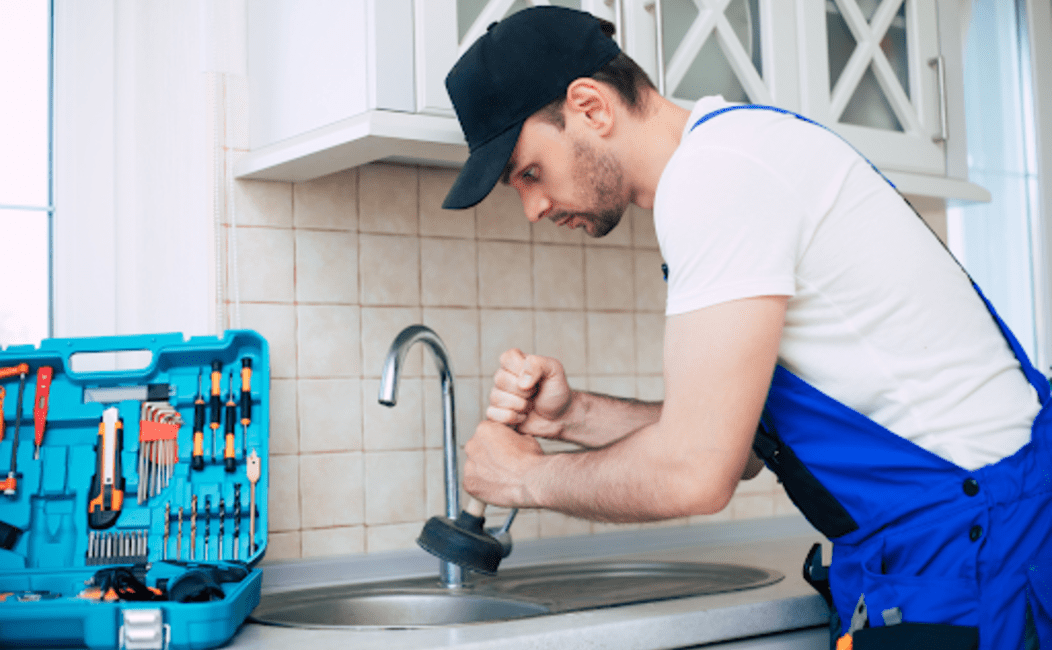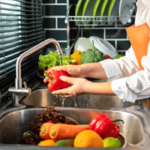Clogged drains can be a major inconvenience and lead to potential health hazards if not addressed promptly. While there are many different methods for drain cleaning, it’s important to take the safest approach to avoid any potential damage or harm. This guide will discuss some of the most effective and safe ways to unclog stubborn drains in your home.
Causes of Clogged Drains
Before diving into the methods for unclogging drains, it’s important to understand what causes them to become clogged in the first place. Some common causes of clogged drains include:
- Hair buildup: This is a major culprit for clogs in bathroom and shower drains.
- Grease and food particles: These can build up in kitchen sinks and cause blockages.
- Soap scum: This can accumulate in bathroom sinks and shower drains over time.
- Foreign objects: Small objects such as jewelry or toys can accidentally fall into drains and block water flow.
Knowing the cause of the clogged drain can help determine which method will be most effective in unclogging it. For example, if you suspect hair buildup is causing the clog, a drain snake or plunger may be the best solution.
Methods for Unclogging Drains
- Boiling water: This simple method can be effective for unclogging drains caused by grease and food particles buildup. Heat water in a pot or kettle and carefully pour it down the drain in stages, allowing each stage to work for a few seconds before adding more.
- Plunger: A plunger can be an effective tool for unclogging drains caused by hair or other debris. Use a plunger specifically designed for sinks or showers, as toilet plungers will not work effectively.
- Drain snake: This tool is designed to reach deep into the drain and hook onto any blockages, allowing you to pull them out. Drain snakes can be purchased at most hardware stores and are great for unclogging hair buildup.
- Baking soda and vinegar: This natural solution can help break down grease and grime in clogged drains. Pour half a cup of baking soda down the drain, followed by half a cup of white vinegar. Let it sit for at least 30 minutes before flushing with hot water.
- Chemical drain cleaners: While this may be a quick and easy solution, it’s important to use caution when using chemical drain cleaners as they can be harmful if not used properly. Follow the instructions carefully and only use them as a last resort.
Prevention Tips
Preventing clogged drains is much easier than dealing with them after they occur. Here are some tips to help keep your drains free of blockages:
- Use a drain cover: This can prevent hair and other debris from falling into the drain.
- Dispose of food properly: Avoid pouring grease or large particles down the sink.
- Regularly clean drains: Pouring boiling water down your drains once a week can help prevent buildup.
- Avoid foreign objects: Be mindful of what you allow near your drains to prevent accidental blockages.
By following these tips and using the appropriate methods for unclogging drains, you can keep your pipes running smoothly and prevent future clogs. Always prioritize safety when dealing with clogged drains and seek professional help. Call a plumber if you cannot unclog the drain on your own or if you suspect a more serious issue.



